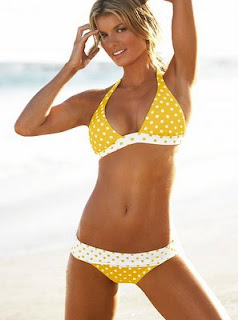Itsy-Bitsy, Teeny-Weeny
Nancy from Traverse City asked why so many rhyming phrases,
such as hurly-burly, end with the long vowel sound –eee–. She conceded that not
all such formations end in an –eee– sound, citing chitter-chatter, fiddle-faddle,
helter-skelter, and more.
But she included this list as an illustration:
dilly-dally, eeny-meeny, funny-money, holy-moley,
hokey-pokey, hotsey-totsey,
itsy-bitsy, namby-pamby, nitty-gritty, okey-dokey,
piggy-wiggy, rinky-dinky,
roly-poly, shilly-shally, silly-Billy, skinny-Minnie,
teeny-weeny, willy-nilly, and
wishy-washy.
The technical term for this
pairing is reduplication; they’re also called echo words. I’m not sure why that terminal
sound predominates, but two things struck me as I went through her list.
(1) The –eee– sound is sometimes used derogatively. It
expresses derision; you can almost hear the sneer. So we have rinky-dinky,
artsy-craftsy, artsy-fartsy, dilly-dally, wishy-washy, roly-poly, namby-pamby.
(2) In other
cases, it’s imitative of childish formations and speech, as in piggy-wiggy,
itsy-bitsy, eeny-meeny, teeny-weeny.
Listen to Mike’s
program in real time every Tuesday morning, 9:10 - 10:00 a.m. EST, by going to
wtcmradio.com and clicking on Listen Now. You’ll also find about a month’s worth of podcasts there under The
Ron Jolly Show.



Comments